The CMP Review — Week of June 5
June 5, 2023
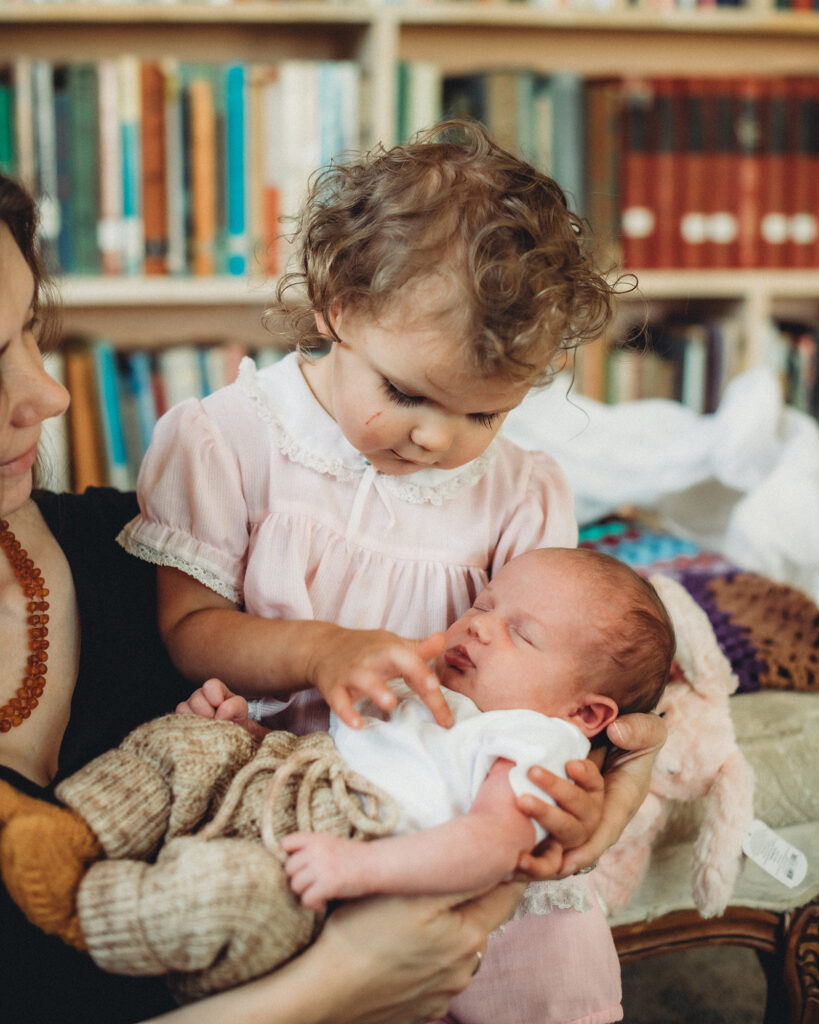
“Wherever in this human existence there are men and women there will be love, and so long as love finds expression in human passion there will be continuity of this human race, and eternal spring for ever blossoming on the old earth. And for this let us be thankful, thankful that there will always be babies to bring joy and gladness into hearts and lives that need their presence, and have made a fit welcome for their reception.” (Edith Escombe, “Of Babies”, PR16, p. 279)
📷: @aolander
@tessakeath
June 6, 2023
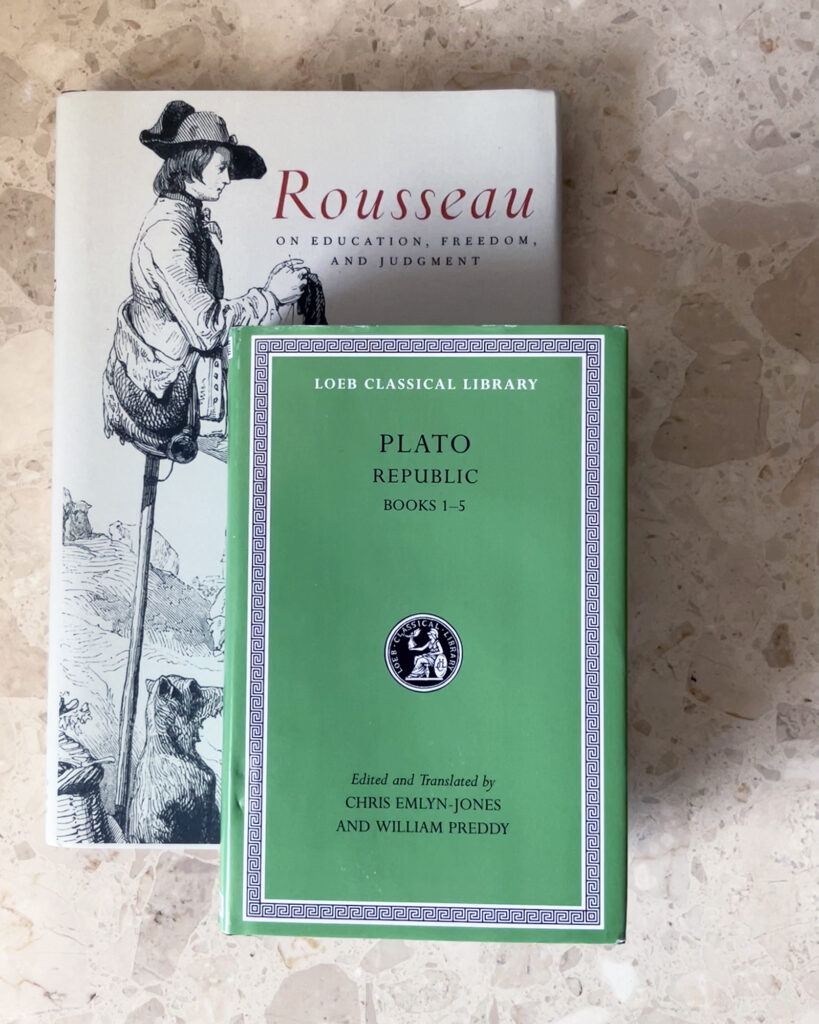
A famous British educationist noted that two creative thinkers in the educational tradition of the West have been particularly prominent: Plato and Rousseau. And he noted that these two are typically set in strong opposition. This fact can lead readers of Charlotte Mason to be perplexed when she cites both thinkers in her volumes and papers. How can she draw from two contradictory traditions?
Well, this same British educationist also insisted that “neither Plato nor Rousseau is as one-sided as so sharp an antithesis would suggest,” and “if we take the thought of each as a whole and extract as well as we can the central meaning, it is the identities rather than the differences which strike us.” Perhaps these “identities” explain how Mason can draw from two otherwise opposing traditions.
The educationist was named Sir Fred Clarke, and his work caught the eye of Elsie Kitching, editor of The Parents’ Review for 27 years after Mason’s death. But even Clarke acknowledged that “in the last resort there is a fundamental difference between Plato and Rousseau.” And he solemnly explained that where “Plato and Rousseau part company,” we must choose one to follow.
Which one did Clarke choose? Find out in this classic article hand-picked by Elsie Kitching in 1936 and published in The Parents’ Review. Read at your leisure, or hear the recording made by candlelight here.
@artmiddlekauff
June 7, 2023
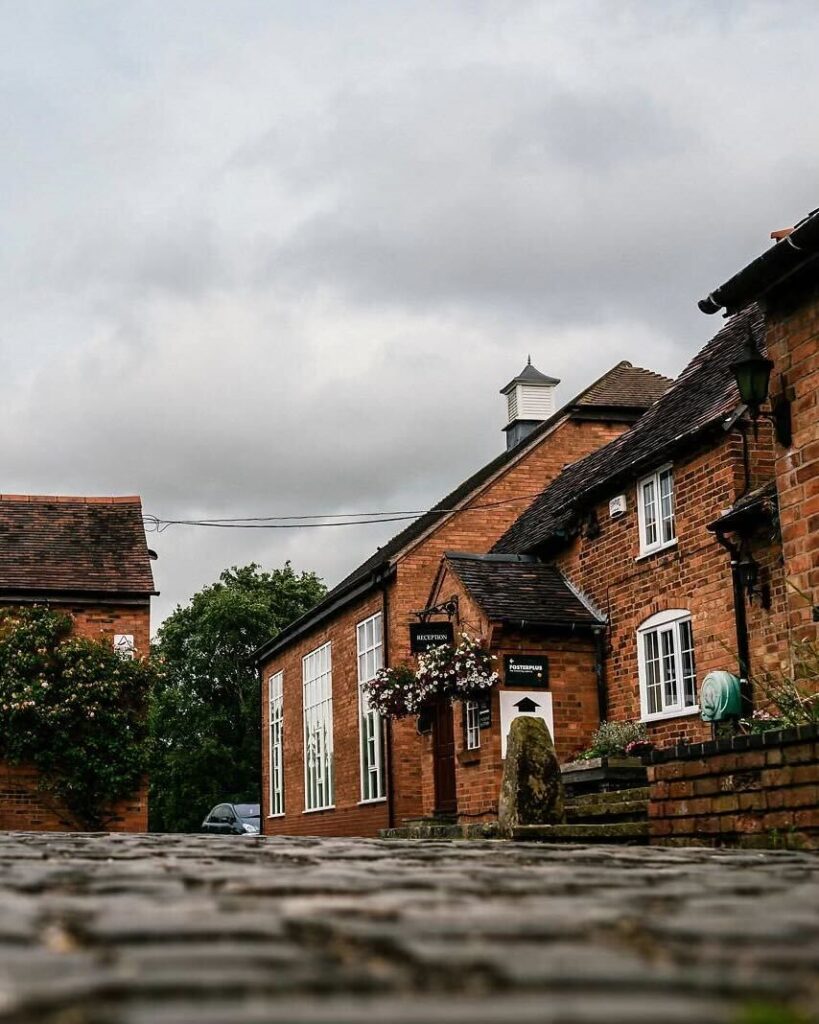
Can’t make it to England for the Charlotte Mason centennial, but want to join in the fun and learning? Gather some friends and book a digital ticket to The Modern Miss Mason Conference!
Join us live (or enjoy the replay) as we celebrate Charlotte Mason and explore how to cultivate a living education in your home.
If you’re lucky enough to be in the UK, meet us in the heart of England at beautiful @nettlehill in Warwickshire & bring your kids to enjoy a day of Forest School while you enjoy the conference.
We’ll be discussing it all on an IG live @modernmissmason this Friday, June 9th, at 3 pm BST / 10 am EST
Get the conference details here!
@rbaburina
June 8, 2023
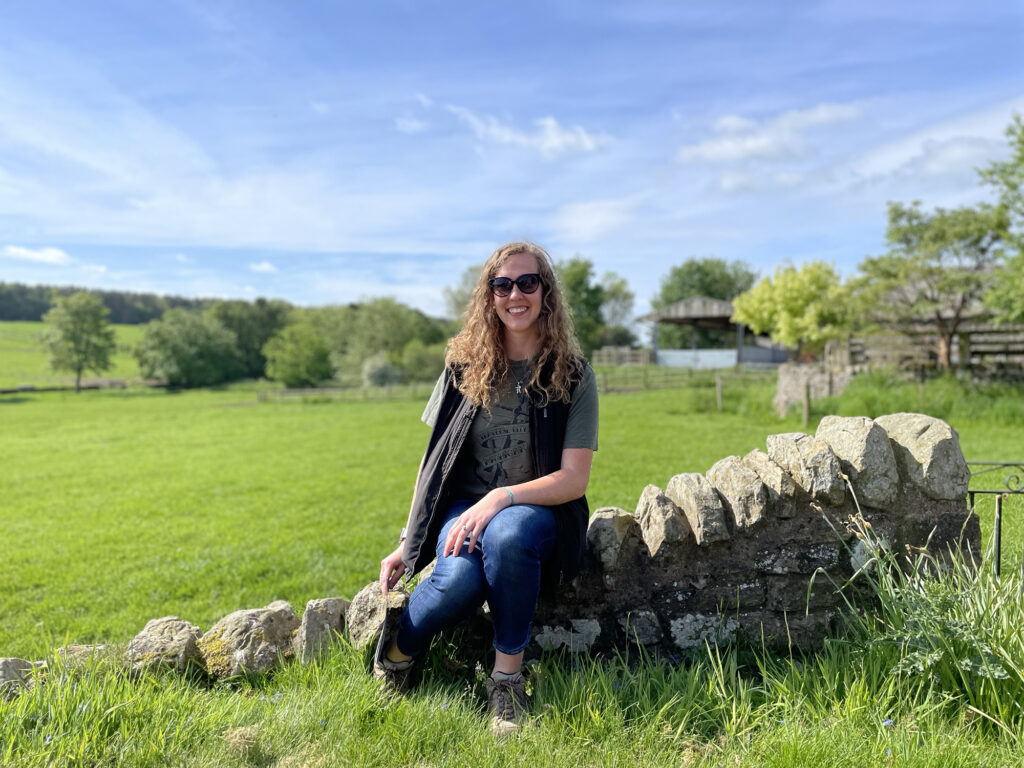
Last week when we were traveling in England, my daughter and I were both struck by the birds. Their songs were different; their calls were different; their colors were different. These were not the birds of the American midwest.
But what was for me a passing observation was for her a persistent interest. Every walk became a nature walk as she again and again called my attention to a new song, and we tried to sort out which was the chaffinch and which was the warbler. Again and again she would point to a tree and say, “There it is!” I would follow her eyes to a cluster of leaves and see only that: leaves. But she was certain a bird was there.
In volume 5, Charlotte Masons’s chapter “A Hundred Years After” imagines a world that has implemented her method. Set in the year 1990, a set of friends remark how “what was called ‘Education’ a century since [in 1890] and what we call Education [now] are essentially different things.” The premise of the chapter is that “every man … is permitted to mould and modify his own brain,” and that as living ideas turn into habit, we can raise children who are better than ourselves.
My daughter and I started learning about birds at the same time. Over the years we went on all the same walks. My brain began to change, and so did hers. But by virtue of age, her brain was more plastic than mine. The ideas went deeper, the habits became stronger. I saw it last week.
Many people laugh when they get to the chapter “A Hundred Years After.” It’s an embarrassment to some, a running joke to others. I’ve seen far too much now to laugh. When I read the chapter, I can only hope … and believe.
@artmiddlekauff
June 9, 2023
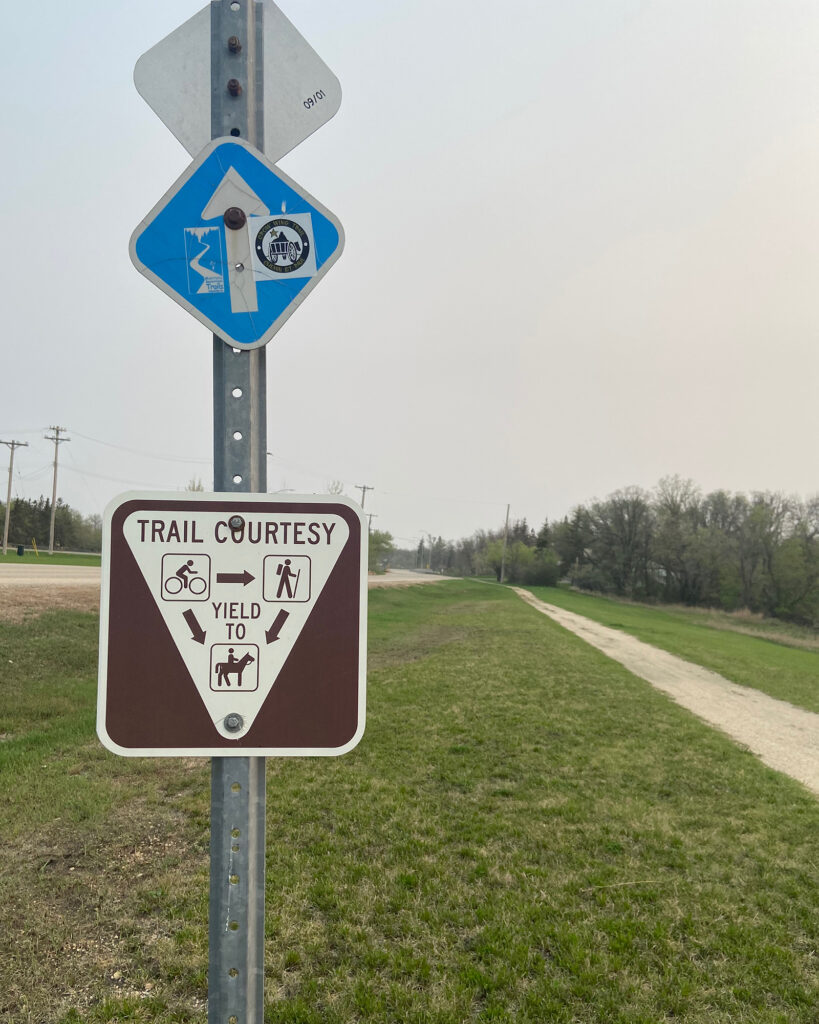
It is pretty cool to live in a place where bikes have to yield to people walking and both those groups have to yield to horses!
@antonella.f.greco
June 10
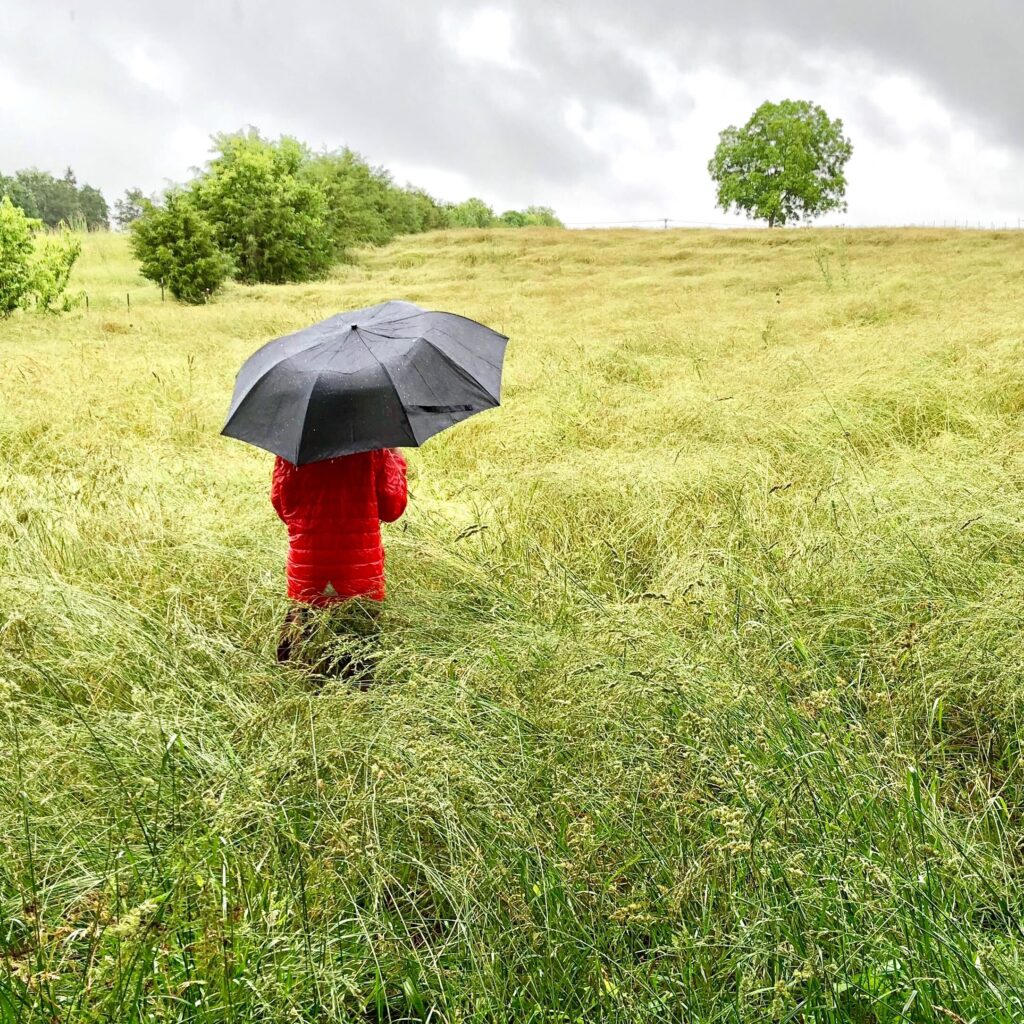
“But it is enough for our purpose to prove that the rain need do no harm; for abundant daily exercise in the fresh air is of such vital importance to the children, that really nothing but sickness should keep them within doors. A mere time and distance tramp is sufficiently joyous for a wet day, for, taken good-humouredly, the beating rain itself is exhilarating.” (Vol. 1 p. 88)
@tessakeath
June 11, 2023
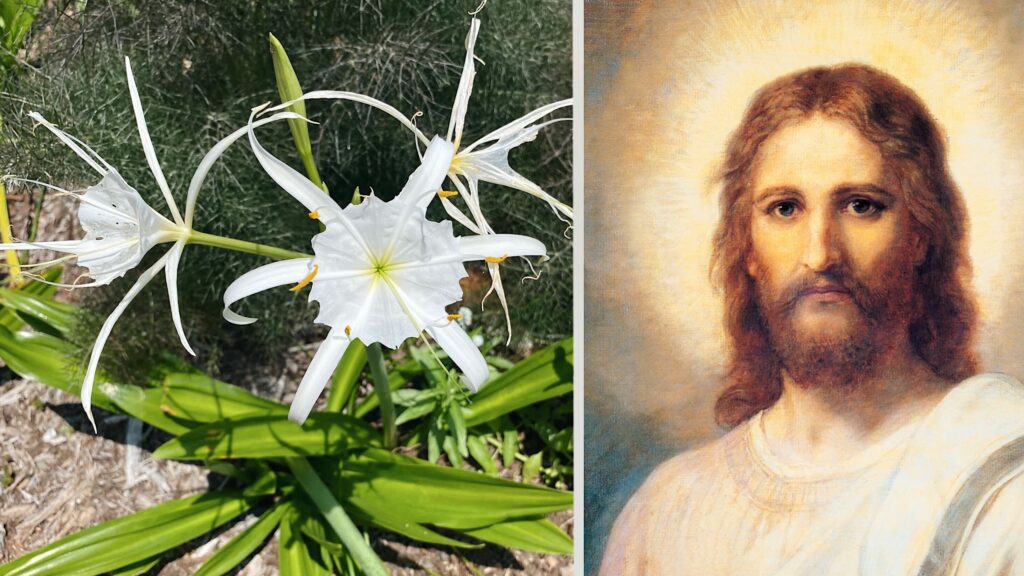
“Now Eli was very old; and he heard everything his sons did to all Israel,” we read in 1 Samuel 2. Eli’s sons were notorious sinners. And Eli rebuked them with a chilling rebuke that should have pierced even the hardest heart: “If one man sins against another, God will judge him. But if a man sins against the Lord, who will intercede for him?”
But his sons did not listen.
John R. Dummelow in his One Volume Commentary offers sobering comments on this verse. “We say that after a man has persisted for long years in sinful habits, he finds it impossible to alter. The Bible expresses the same truth by stating, first that the sinner (e.g. Pharaoh) hardens his own heart, and then that God hardens the sinner’s heart.”
Eventually the one who sins becomes a slave to sin. He cannot break free. Even God Himself, it seems, will not let him go.
But if One came who could set a person free? Could He make the impossible possible? Read or hear Charlotte Mason’s poem about how to be free indeed. Find it here.
@artmiddlekauff